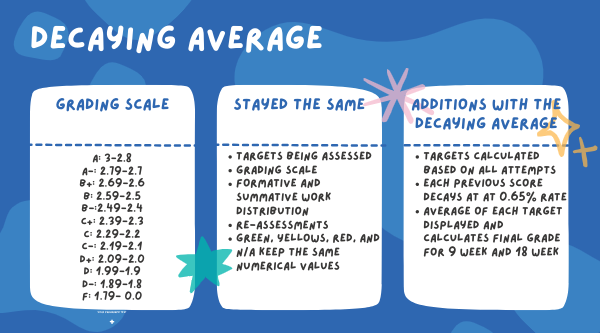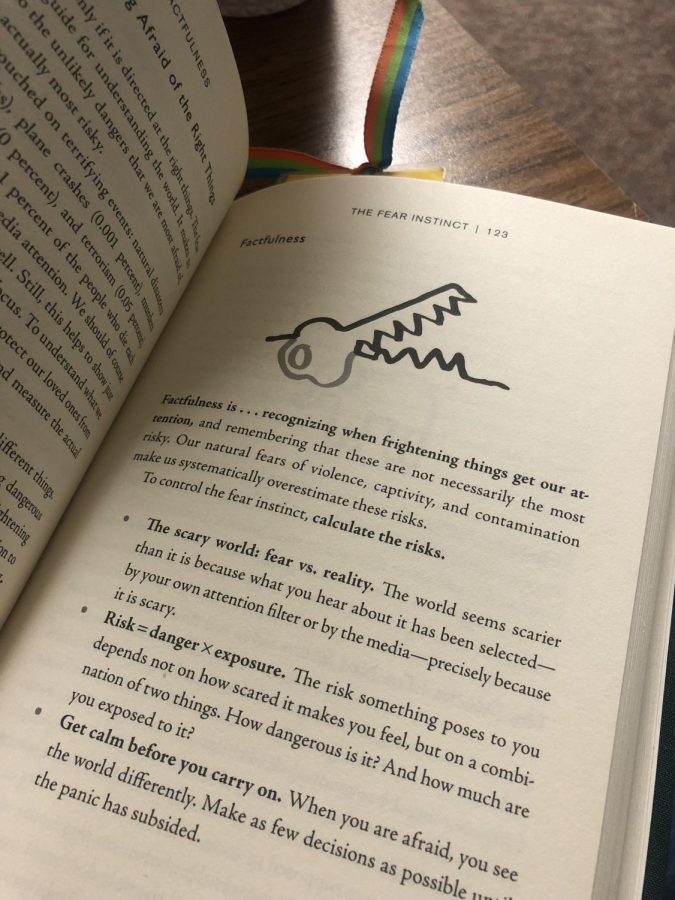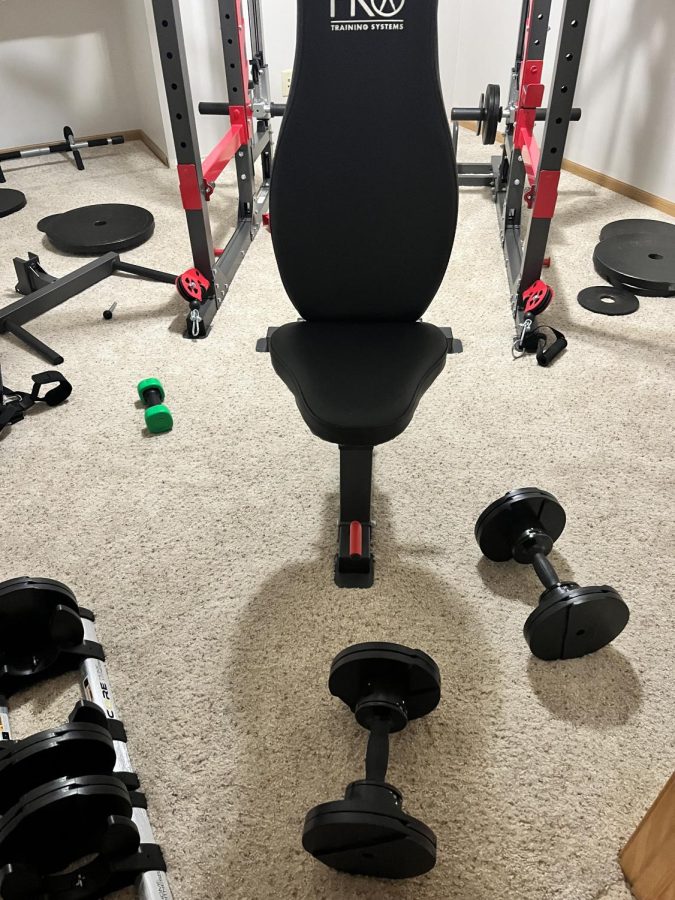Every NHS student will experience stress during high school. These teen-age years are full of stressors: homework, tests, family, friends, crushes and the future. A study by the American Psychological Association showed that teen-agers are the most stressed group in America. Students often dismiss stress and refuse to worry about it; this can have unknown negative effects.
Recognizing and managing stress will lead to success throughout high school. With reduced stress, students perform better in school and improve relationships.
USA Today reports that teen-age stress causes irritability, anxiety and even depression. People may attribute these symptoms to puberty and the teen-age years, but the source could be stress. According to John Hopkins University, stress results in high blood pressure, headaches, reduced eyesight, stomachaches and full-body pain. Stress releases the hormone cortisol, which depresses the immune system; therefore, stressed students are more likely to be sick.
Managing stress is an important skill to learn. Being destressed relieves tension, lowers blood pressure, strengthens the immune system, slows metabolism and releases dopamine and serotonin, chemicals that create feelings of happiness. Since numerous stressors exist, it is hard to pinpoint a specific way to prevent stress. Teen-agers decide to manage stress by procrastinating, but this method only causes more stress. Students also eat or spend time playing video games to manage stress.
What students are not doing, however, is exercising. The Mayo Clinic says that exercise of any kind is one of the best stress-relievers. They suggest that students institute an exercise plan and stick to it. Starting small, exercising once a week for an hour or so, and then reaching for bigger goals, such as trying harder exercise routines and working out multiple times a week, is the best plan of action. This is often hard for students because of busy schedules. Starting small is important in this instance. Try to take a 10-minute walk everyday and work up in increments. Having an exercise routine will reduce stress and even improve mood.
Another helpful stress-reliever is meditation. Web-MD states that meditation is linked to stress reduction and a happy, healthy mind. Meditation is easy; clearing the mind and relaxing just for 10 minutes will release dopamine and serotonin. It is also helpful to meditate before school. Try waking up early one morning and relax before a stressful day.
Stress is an inevitable result of high school and being a teen-ager. To prevent unneeded stress and concerns such as anxiety and depression, stress needs to be managed. Manage stress by exercising often and trying meditation. If these do not help, consult a doctor. Every student deserves to experience a low-stress life.













